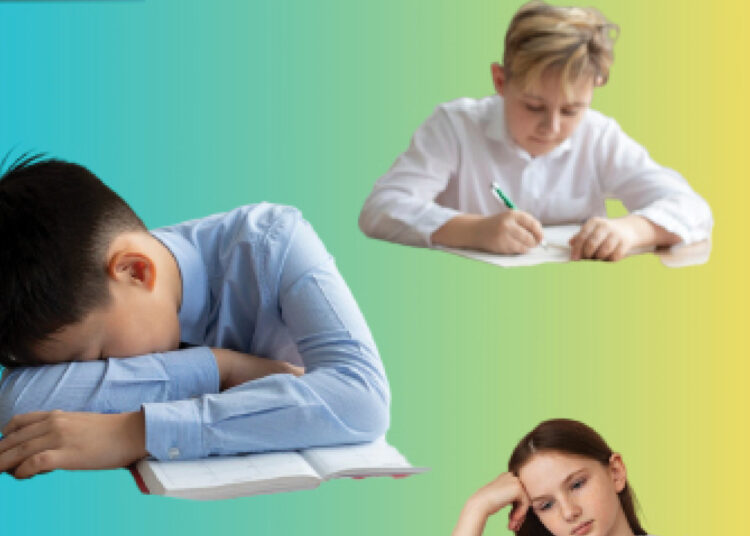Parenting can be challenging, especially when a child faces difficulties with focus, impulsivity, or hyperactivity. Attention Deficit Hyperactivity Disorder (ADHD) is one of the most common neurodevelopmental disorders, affecting millions of children worldwide.
While ADHD is often linked to trouble paying attention or high energy levels, it is much more than just being easily distracted. Recognising the early signs of ADHD is crucial for parents, as it enables them to seek timely support and interventions, ensuring their child has the resources to succeed academically, socially, and emotionally.
Early Signs Of ADHD
Recognising ADHD symptoms early can make a difference in managing the condition effectively. While every child is unique, common signs of ADHD include:
Difficulty Paying Attention – Children with ADHD may struggle to concentrate on tasks, often appearing forgetful or distracted, even during activities they enjoy.
Impulsivity – They may blurt out answers, struggle with turn-taking, interrupt conversations, or act without thinking about the consequences.
Excessive Energy – Unlike typical childhood energy, hyperactivity in ADHD may involve constant fidgeting, difficulty staying seated, or running around at inappropriate times.
Disorganisation – ADHD can make it difficult for children to keep track of their belongings, follow multi-step instructions, or complete homework without constant reminders.
Emotional Sensitivity – Mood swings, frustration over minor setbacks, or trouble managing emotions may indicate ADHD.
Daydreaming or Zoning Out – Some children with ADHD may appear quiet and lost in thought, rather than hyperactive, which can lead to underdiagnosis.
How To Support Your Child
Seek Professional Evaluation – If you suspect ADHD, consult a pediatrician or psychologist. Early diagnosis allows for better management strategies.
Establish Structure – A consistent daily routine helps children feel more secure and reduces forgetfulness.
Break Tasks Into Steps – Large tasks can feel overwhelming, so breaking them into smaller, manageable parts improves focus.
Encourage Physical Activity – Exercise helps children with ADHD release excess energy, improving their ability to concentrate.
Use Positive Reinforcement – Praising small efforts builds self-esteem and motivation.
Create A Distraction-free Environment – A quiet, clutter-free space helps with homework and learning.
Promote Good Sleep And Nutrition – Sleep deprivation and poor diet can worsen ADHD symptoms, so a balanced diet and proper rest are crucial.
Teach Emotional Regulation – Deep breathing, mindfulness, and relaxation techniques help children manage emotions better.
Communicate With Teachers – Work with educators to create strategies that support your child’s learning needs.
With patience and the right support, children with ADHD can develop strategies to manage their symptoms and thrive in all areas of life.
In conclusion, recognising the early signs of ADHD and understanding its impact on a child’s development is crucial for providing the right support. With early intervention, children with ADHD can thrive in various areas of their lives. By working closely with healthcare professionals, educators, and counselors, parents can develop strategies to help their child manage symptoms and build skills for success. With the right tools and a supportive environment, children with ADHD can achieve their full potential and lead fulfilling lives.





